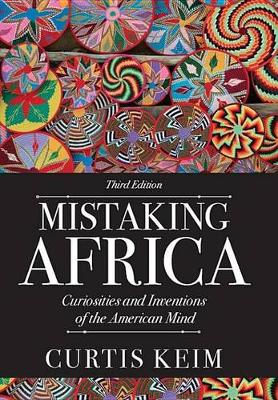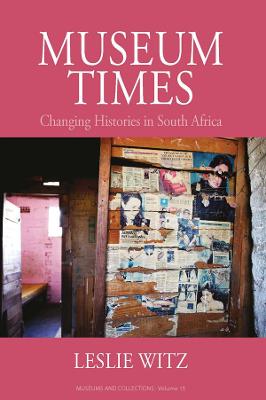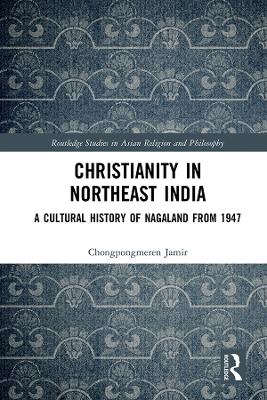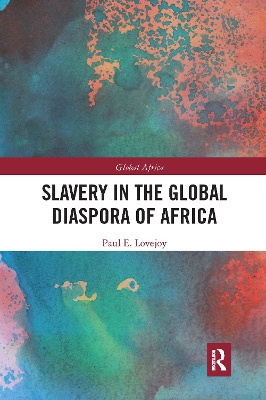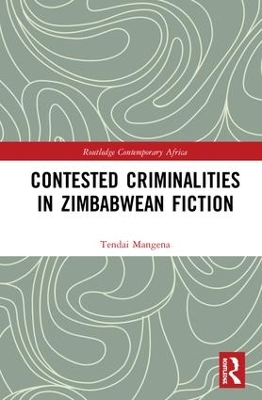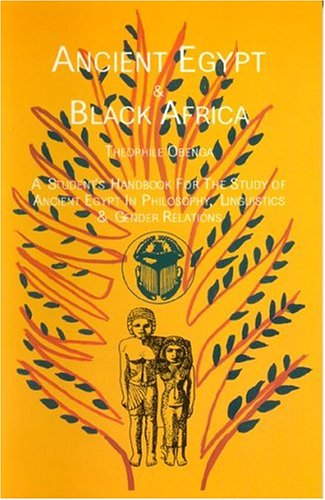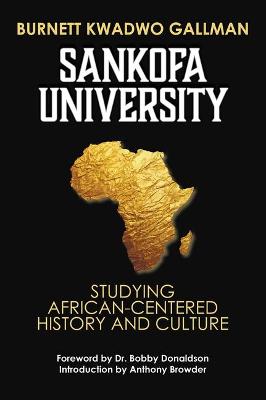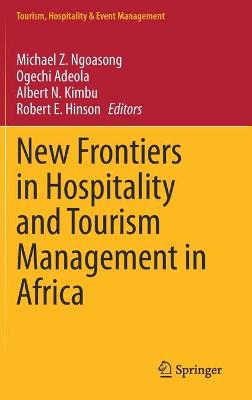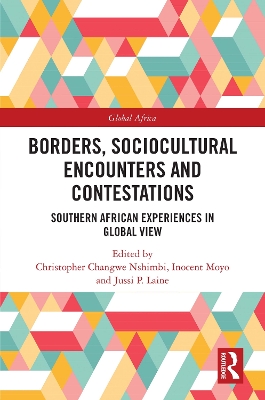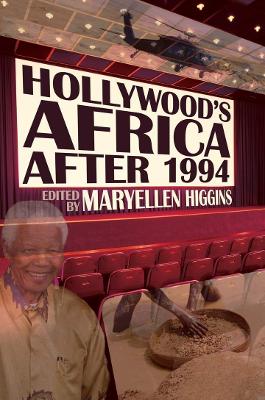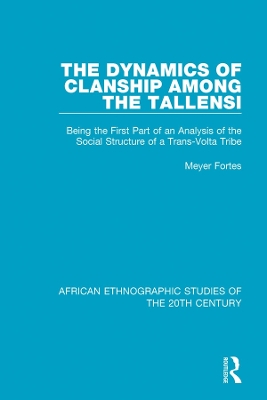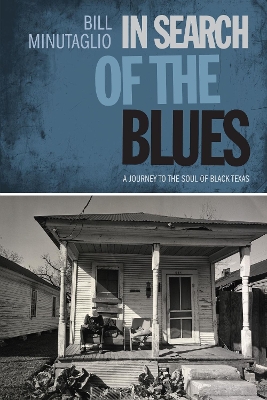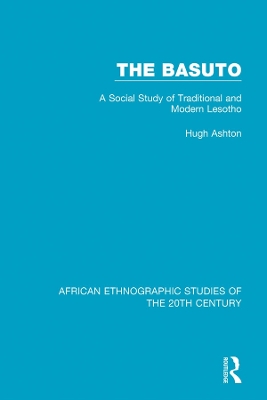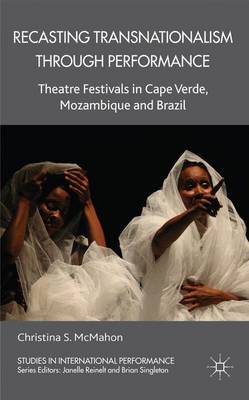From AIDS to Population Health explores the thirty-year history of a unique collaboration between the medical schools of Indiana University and Moi University in Kenya, aimed at combating the raging health emergency of HIV/AIDs in East Africa. The Academic Model Providing Access to Healthcare (AMPATH) program-focuses on the medical education of health care professionals and attempts to build communities that can take care of themselves. The overwhelming success of the AMPATH program and its con...
This book critically examines and analyses the active role played by youth-led social movements in pushing for change and promoting peacebuilding in Africa, and their long-term impacts on society. Africa's history is characterised by youth movements. The continent's youth populations played pivotal roles in the campaign against colonialism and, ever since independence, Africa's youth have been at the center of social mobilisation. Most recently, social media has contributed significantly to a fu...
The Diaspora of the Comoros in France (Routledge African Studies)
by Katharina Fritsch
Based on an ethnographic study of mobilisations of the Comorian diaspora in Marseille during political and cultural events, the book examines communitarisation in relation to three thematic areas, namely spaces, cultural markets and local politics. Drawing on Foucault's concept of the dispositif, the author analyses mobilisations of postcolonial diaspora as part of a dispositif of communitarisation, that is, a set of discourses, practices, institutions and subjectivations of diasporic community....
Although independent since 1960, Chad has proved to be one of the least viable African states. Sustained politically and financially by other countries from the outset, Chad's internal warfare has made it the prey of external powers. Yet Chad has survived-an integral element of the Organization of African Unity's Pax Africana and of a peaceful trans-Saharan Africa. Its jeopardized survival is a shaky testimony to the continuing validity of the African continent's colonial-based states-system-und...
Chinese Medicine in East Africa (Epistemologies of Healing, #20)
by Elisabeth Hsu
Based on fieldwork conducted between 2001-2008 in urban East Africa, this book explores who the patients, practitioners and paraprofessionals doing Chinese medicine were in this early period of renewed China-Africa relations. Rather than taking recourse to the ‘placebo effect’, the author explains through the spatialities and materialities of the medical procedures provided why - apart from purchasing the Chinese antimalarial called Artemisinin - locals would try out their ‘alternatively mod...
This collection of R. E. Bradbury's papers, originally published in 1973 includes edited sections of his (then hitherto) unpublished thesis on the Benin village in Western Nigeria. The book is arranged in 3 parts: historical and political studies of the kingdom of Benin; Benin village organization and religion and art. An introduction by Peter Morton-Williams traces bradbury's development as an interpreter of the culture, society and art of Benin, beginning with his first studies in the filed an...
For many Americans the mention of Africa immediately conjures up images of safaris, ferocious animals, strangely dressed "tribesmen," and impenetrable jungles. Although the occasional newspaper headline mentions genocide, AIDS, malaria, or civil war in Africa, the collective American consciousness still carries strong mental images of Africa that are reflected in advertising, movies, amusement parks, cartoons, and many other corners of society. Few think to question these perceptions or how they...
Museums flourished in post-apartheid South Africa. In older museums, there were renovations on the go, and at least fifty new museums opened. Most sought to depict violence and suffering under apartheid and the growth of resistance. These unlikely journeys are tracked as museums became a primary setting for contesting histories. From the renowned Robben Island Museum to the almost unknown Lwandle Migrant Labour Museum, the author demonstrates how an institution concerned with the conservation...
This book examines the distinctive formation of Christianity in Nagaland, Northeast India, since 1947. It argues that an understanding of the history of Christianity in the region can be found in its cultural milieu and the changing political, social and religious environment. In Nagaland, almost 90 per cent of the population are Christians. This book shows that segmentation as a cultural characteristic of Naga society inspired both unity and divisiveness in the Naga churches, which subsequentl...
The collective significance of the themes that are explored in Slavery in the Global Diaspora of Africa bridge the Atlantic and thereby provide insights into historical debates that address the ways in which parts of Africa fitted into the modern world that emerged in the Atlantic basin. The study explores the conceptual problems of studying slavery in Africa and the broader Atlantic world from a perspective that focuses on Africa and the historical context that accounts for this influence. Pau...
Politics and Government in African States (Routledge Revivals)
Originally published in 1986, Politics and Government in African States 1960-1985 deals with the politics of sub-Saharan African states since independence. Each chapter considers the formal structure of government at the time of independence and traces the subsequent changes. Each chapter also describes the development of the state machinery, the civil service, the parastatals, defence and police forces, party structure, the political opposition and trade unions. The economics of African states...
Contested Criminalities in Zimbabwean Fiction (Routledge Contemporary Africa)
by Tendai Mangena
This book addresses the ways in which writers deploy the trope of contested criminality to expose Zimbabwe's socially and politically oppressive cultures in a wide range of novels and short stories published in English between 1994 and 2016. Some of the most influential authors that are examined in this book are Yvonne Vera, Petina Gappah, NoViolet Bulawayo, Brian Chikwava, Christopher Mlalazi, Tendai Huchu and Virginia Phiri. The author uses the Zimbabwean experience to engage with critical i...
Sankofa University: Studying African-Centered History and Culture Paperback
by Kwadwo Gallman Burnett
This book provides a management perspective on the full historical, contemporary, and geographic landscape of hospitality and tourism (H&T) in Africa. In so doing, it critically assesses and challenges the applicability of Western theories within the African context and draws attention to the insights offered by African management concepts. A variety of key topics are examined, including, for example, H&T management practices and management innovation in Africa, the drivers of and variation in u...
Borders, Sociocultural Encounters and Contestations (Global Africa)
This book examines the enduring significance of borders in Southern Africa, covering encounters between people, ideas and matter, and the new spatialities and transformations they generate in their historical, social, economic and cultural contexts. Situated within debates on borders, borderlands, sub- and regional integration, this volume examines local, grassroots and non-state actors and their cross-border economic and sociocultural encounters and contestations. Particular attention is also...
Hollywood’s Africa after 1994 investigates Hollywood’s colonial film legacy in the postapartheid era, and contemplates what has changed in the West’s representations of Africa. How do we read twenty-first-century projections of human rights issues—child soldiers, genocide, the exploitation of the poor by multinational corporations, dictatorial rule, truth and reconciliation—within the contexts of celebrity humanitarianism, “new” military humanitarianism, and Western support for regime change in...
Originally published in 1945, this book analyses Tale social structure at the level of corporate group organization. Tale culture is discussed primarily as the content of social relations and not in its own right. Customs, beliefs, conventional usages, religious values are examined as indices of social relations. Although not a comparative study, it is clear that many features of Tale social organization are typical of patrilineal societies in West Africa and some Tale institutions have parallel...
The rich, complex lives of African Americans in Texas were often neglected by the mainstream media, which historically seldom ventured into Houston's Fourth Ward, San Antonio's East Side, South Dallas, or the black neighborhoods in smaller cities. When Bill Minutaglio began writing for Texas newspapers in the 1970s, few large publications had more than a token number of African American journalists, and they barely acknowledged the things of lasting importance to the African American community....
Originally published in 1952 and as a second edition in 1967 this volume provides a systematic and comprehensive account of the Basuto people and their changing culture, and reviews the developments and changes leading up to 1966 when Basutoland achieved independence as Lesotho. It describes in detail daily lives, the education and upbringing of children, initiation, marriage, economic activities and political developments within and outside the country. It includes a discussion of tribal and mo...
Between 1945 and 1985, Michel Huet travelled Africa in a quest to photograoh African life. He recorded the scenery, the animal and plant life, and the people. This book contains a selection of his photographs that focus on the ritual dances that are an intrinsic part of the African tribal culture. Taken over a period of 40 years, these photographs depict the dances and ceremonial rituals of 50 separate tribes throughout the African continent. The colours and details of the costumes and accessori...
Recasting Transnationalism Through Performance (Studies in International Performance)
by C. McMahon
A rigorous ethnography of three international theatre festivals spanning the Portuguese-speaking world, this book examines the potential for African theatre artists to generate meaningful cultural and postcolonial dialogues in festival venues despite the challenges posed by a global arts market.


